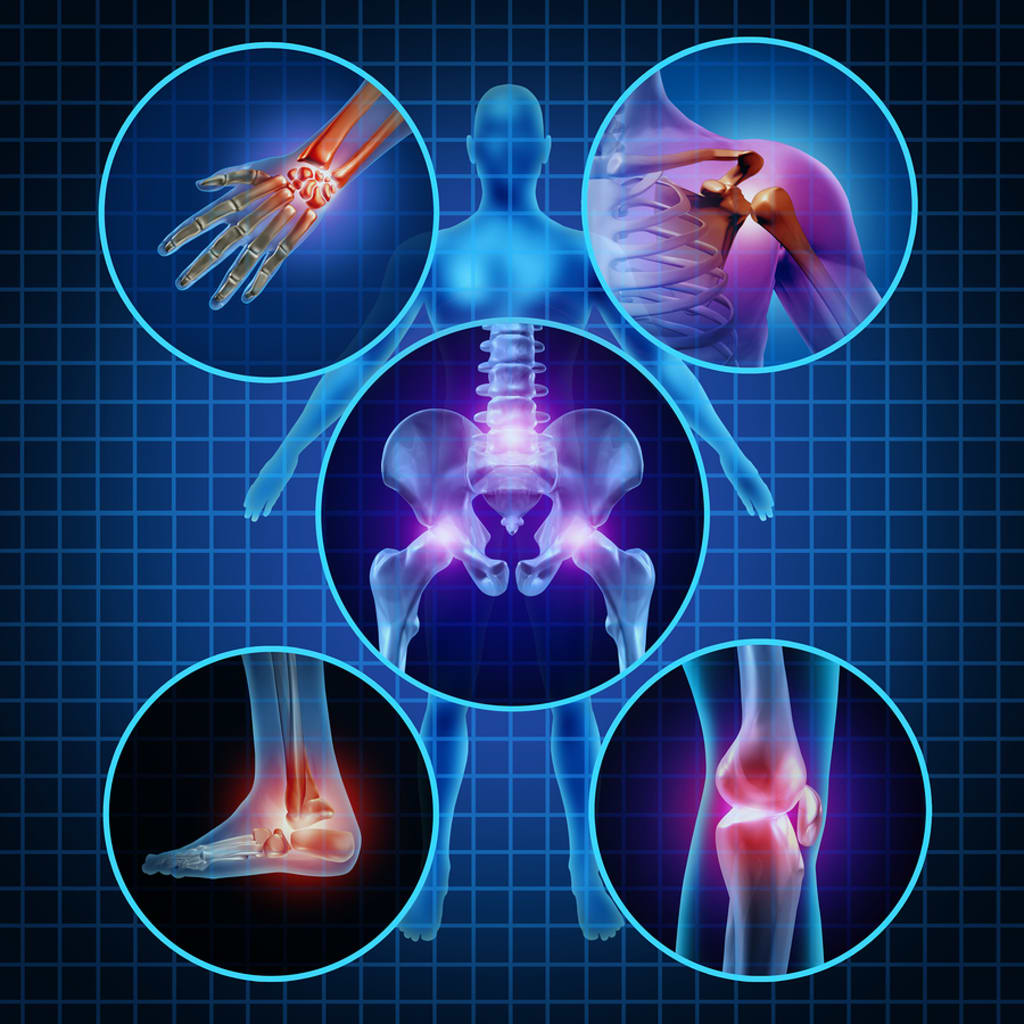Pain, causes and Best pain reliever medicines & how they work
Pain can be anything from a dull ache to a sharp stab, and it can range from mild to severe. You might feel pain in one spot or all over your body.

Kinds of pain
There are basically two kinds of pain:
Sharp pain – a natural reaction to an accident or illness. It generally comes on quickly and doesn't last long.
Constant pain – continues past the time when it should have been healed. Most of the time, it lasts longer than three months.
Pain can be anything from a dull ache to a sharp stab, and it can range from mild to severe. You might feel pain in one spot or all over your body.
Plans for dealing with pain
Studies show that a person's mental health can affect how much pain they feel. Knowing what's causing your pain and finding good ways to deal with it can make your life better. Some key ways to deal with pain are:
• Medicine for pain
• Physical treatments, such as heat or cold packs, massage, hydrotherapy, and exercise, help the body heal.
• Psychological treatments (like cognitive-behavioral therapy, meditation, and relaxation techniques)
• Techniques for the mind and body (such as acupuncture)
• Groups that help the neighborhood.
Causes of pain
The most common reasons why adults hurt are:
• Get hurt
• (Cancer, arthritis, and back problems are examples of medical diseases.)
• A surgery.
How pain makes the body feel
Pain is a complicated way of keeping you safe. It's an important part of development that keeps the body safe from harm.
There are two main types of nerves in the body that send pain signals to pain sensors. One kind of nerve sends information quickly, which can cause a sudden, sharp pain. The other one sends information slowly, which makes the pain feel dull and throbbing.
There are more pain sensors in some parts of the body than in others. For example, the skin has a lot of sensors that make it easy to know where and what kind of pain is happening. Since there are fewer sensors in the gut, it is harder to figure out exactly where a stomach ache is coming from.
When you touch something dangerous, like something hot or sharp, pain receptors in your skin are triggered. These nerves send signals to the spinal cord and then to a part of the brain called the thalamus.
Sometimes, the spinal cord sends a signal right back to the muscles to make them tighten. This takes the part of the body that is hurt away from what is hurting it.
This is a natural response that stops more damage from happening. It happens before the pain starts.
Once the "alert!" message gets to the thalamus, it sorts the information sent by the nerves, taking into account your past experiences, beliefs, expectations, society, and social norms. This is why people react to pain in such different ways.
The thalamus then sends the information to other parts of the brain that control physical actions, thoughts, and feelings. At this point, you might feel pain and think, "Ouch!" What was it?" and get irritated.
The thalamus is also involved in mood and arousal, which helps explain why how you feel about pain rests in part on your mood.
Medications to relieve pain
Analgesics are used by a lot of people to relieve pain.
The most common painkillers are:
• Paracetamol is short for paracetamol. Suggested as the first medicine to take for short-term pain relief.
• Asprin – for temporary relief of heat and mild-to-moderate pain, such as period pain or headache.
• Nonsteroidal anti-inflammatory drug (NSAIDs), like ibuprofen, relieve pain and lessen inflammation (redness and swelling).
• Opioid medicines, like codeine, morphine, and oxycodone, are only used for severe or cancer-related pain.
• Local anesthetics (drops, sprays, creams, or shots) are used when nerve endings are easy to reach.
• Some antidepressants and anti-epilepsy medicines are used to treat nerve pain.
How pain medications work
Medications for pain work in different ways. Tapsmart 100 mg and Tapsmart 200 mg no steroidal anti-inflammatory medicines (NSAIDs) are pain relievers. They do this by preventing chemicals called prostaglandins from working. Prostaglandins cause inflammation, swelling, and make nerve ends sensitive, which can cause pain.
Prostaglandins also protect the stomach from stomach acid, which is why some of these treatments can cause irritation and bleeding in some people.
Opioid medicines work differently. They change how the brain responds to pain signals, which is why these medicines can be addicting.
About the Creator
HenrySmith
Hiii... This is Henry this side from lifecarepills, Which Moto is inspiring better life. This is Generic Pills provider online website; this has been gotten 9.2 positive rating out of 10 from the all over the world.






Comments
There are no comments for this story
Be the first to respond and start the conversation.